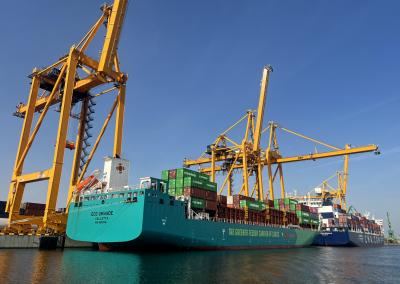Unpleasant signals from the Seimas to the Competition Council
The Audit Committee of the Seimas, having taken note of the request of an undertaking to assess the impact of the Competition Council's policy on entrepreneurship and business environment in Lithuania, discussed the Council's practice of imposing maximum fines.
Committee member Artūras Zuokas pointed out that the potentially flawed fine practice is programmed into the Council's performance assessment criteria. As an example of this, the 2023 report on the Council's activities noted that €1 from the national budget generated almost €6 in expected consumer benefits, while the average annual direct expected consumer benefit in 2021-2023 was €16.7 million. Such an evaluation criterion only encourages punishment, and as much punishment as possible," said Mr Zuokas. The Council should be helping business, not trying to raise as much money as possible from fines. The principles of rationality and proportionality must be the first principles to be applied when imposing fines for infringements by economic operators. Advance warning of improper actions by economic operators, making recommendations, and allowing them to rectify their shortcomings would help avoid confrontation between public authorities and business, emphasised the Committee's chairman, Artūras Skardžius.
A. Zuokas also raised the issue of the effectiveness of the Competition Council. The Committee member illustrated that in 2023, the Lithuanian Competition Council employed about 68 people, while Estonia's had 37 employees, who additionally perform the functions of energy price regulator. In Lithuania, this work is carried out by the State Energy Regulatory Council, which employs around 200 people.The Committee decided to ask the Competition Council to provide additional information and to place this matter on the agenda of the Committee meeting.













































































































